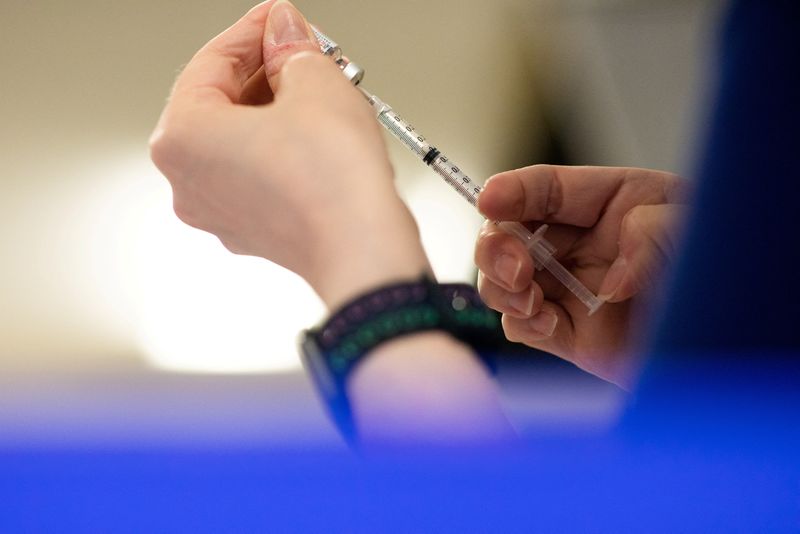A recent Pew Research Center survey highlights a significant decrease in American concern over COVID-19, with only 20% of respondents viewing the virus as a major threat to public health and merely 10% very concerned about contracting it and requiring hospitalization. This marks a substantial drop from the peak of concern during the summer and fall of 2020 when up to two-thirds of Americans saw COVID-19 as a major public health threat.
The survey, conducted among 10,133 U.S. adults from February 7 to 11, 2024, also found that only 28% of U.S. adults have received the updated COVID-19 vaccine recommended by the CDC last fall. This contrasts sharply with the initial vaccine rollout in spring and summer 2021, when vaccination demand was high and supply limited, leading to 69% of U.S. adults being fully vaccinated by August 2021.
Interestingly, more Americans have received a flu shot in the past six months (44%) than the updated COVID-19 vaccine (28%), with nearly half of those opting for a flu shot at healthcare providers not getting the updated COVID-19 vaccine.
Despite the waning interest in vaccination, most Americans possess some level of protection against COVID-19, either through vaccination, previous infection, or both, contributing to decreased severe illness. However, the virus continues to circulate, with early 2024 wastewater data indicating high case numbers.
Long COVID remains a concern, with half of the surveyed population considering it extremely or very important for medical research and healthcare providers to understand and treat this condition. Yet, 27% view it as less important, and 22% have not heard of long COVID.
The survey also sheds light on evolving partisan views on COVID-19. The gap between Democrats and Republicans regarding the perception of COVID-19 as a major health threat has decreased, with partisanship continuing to influence views on vaccination. Democrats are more likely to have received the updated vaccine than Republicans, maintaining a 27-point difference in recent vaccination rates.
Age and partisanship intersect significantly in attitudes towards and behaviors related to the coronavirus, particularly in vaccine uptake among the oldest demographic groups. This indicates a notable shift in the public’s response to the pandemic.

